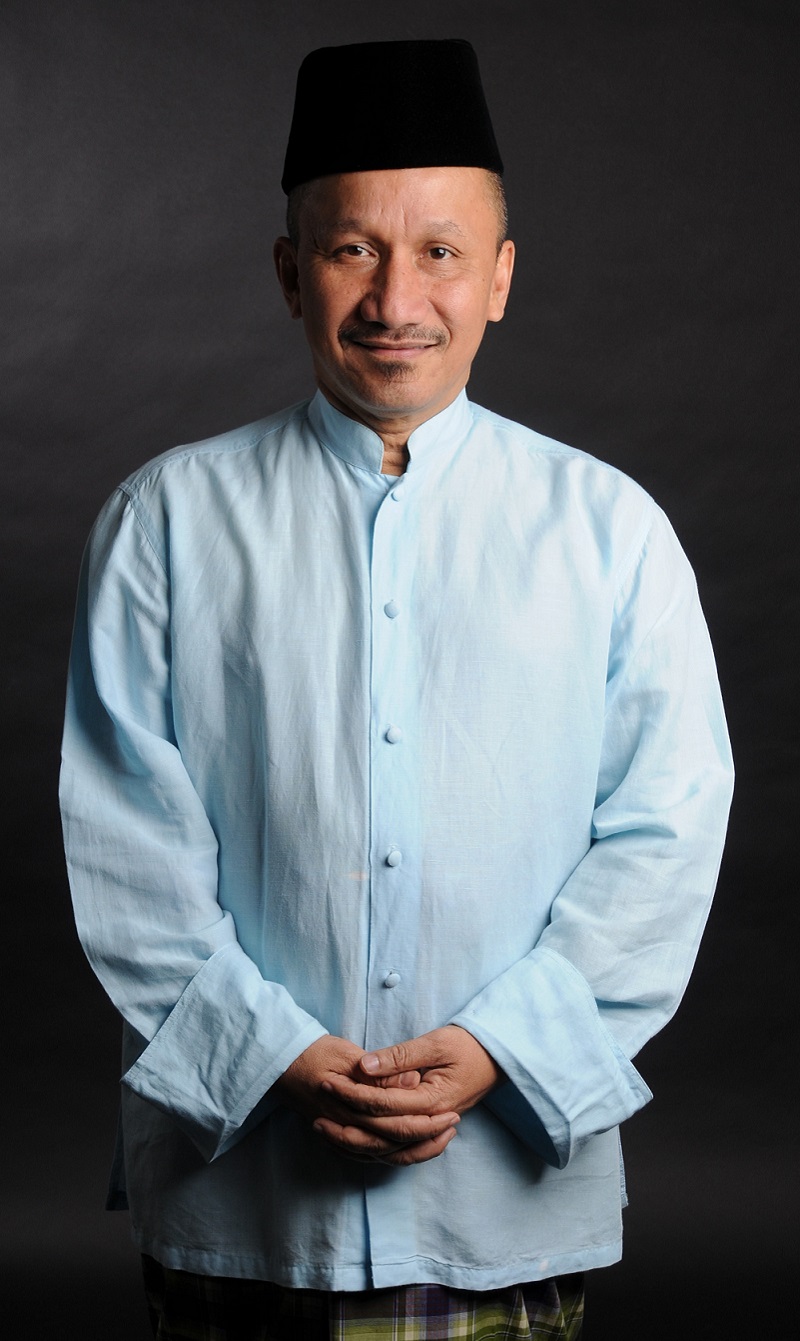Migration and jobs
As migrants face challenges adapting to the local culture and entering the job market, very little is done to help them transition. Aware of these difficulties, Sofia Appelgren founded Mitt Liv or My Life in Sweden, a social enterprise that’s helping migrants find ways to integrate and participate in the economy.
With the current state of war torn countries especially in the Middle East and North Africa (MENA) region, immigration to safer harbours is rising. Fortunately, people are realising solutions to address these challenges. Ten years ago, Sofia Appelgren founded Mitt Liv in Sweden, a social enterprise that finds innovative solutions to address the challenges people with a foreign background face in adapting and integrating into the local job market.
‘Mitt Liv was founded on the belief that everyone has equal value and the inner power to grow and develop,’ she says. Mitt Live works with two partakers, those who want to come into the job market like highly-educated immigrants and those looking for talents like businesses and authorities. With a Turkish Swedish husband herself, Sofia knows how difficult it is for a person with a foreign background to establish themselves in the Swedish job market. ‘I wanted to create a platform where everyone can meet and feel included, especially in the job market,’ she says.
‘We see that the people who come to Sweden from other countries and cultures also bring something valuable with them – their motivation, skills and experience. We want to seize these strong points and at the same time create hope for their future in Sweden,’ she says.
Here, Sofia tells us more about the situation of foreigners in Sweden and its economic impact.
Why do immigrants need help to enter the labour market in Sweden?
In Sweden, 80 per cent of jobs are mediated through contacts and networks. As newcomers, immigrants don’t possess this advantage yet. That’s why our mentorship programme focuses on providing contacts, new networks and practical knowledge about the Swedish job market.
How do immigrants affect Sweden’s economy?
People with foreign background make up 25 per cent of the Swedish population. Dagens Nyheter, the newspaper with the largest circulation in Sweden, wrote last week that Sweden loses about 13 billion crowns per year when highly-educated immigrants don’t have jobs that match their qualifications. The numbers speak for themselves. Sweden can’t afford to not take advantage of its international competences.
How does this diversity bring value to the economy?
The McKinsey 2018 report, Delivering through Diversity, states that companies with the most ethnically and culturally diverse executive teams – not only in terms of absolute representation but also of the variety or mix of ethnicities – are 33 per cent more likely to outperform their peers on profitability. So, there’s no doubt that diversity brings value to the economy.
Which industries are most susceptible to employing immigrants in Sweden?
The IT sector is blooming and always in need of talents. Sweden needs competences such as programming and software developing especially with the conducive tech startup environment here. The other deciding factor is language. The IT sector is more susceptible because English is the working language.
Do you have any memorable moments in your journey that you’d like to share?
I have so many moments. Every time a mentee in our programme gets a job and a company finds another talent, we feel blessed to be part of this journey. A few days ago, I visited one of our partner companies and ran into one of our former mentees. She’s now a mentor in our programme. It’s beautiful to see how our mentees are employed and come back as mentors to support a person who’s in the same situation they were in themselves.
What happens during the mentorship programme and how long does it take to complete?
Mitt Liv runs two different kinds of mentorship programmes. The first one, Mitt Liv Chans, is a programme where participants meet and network in a physical location. The second one, Mitt Liv Chans Online, is a digital mentorship programme. All networking meetings take place in a virtual setting.
In the mentorship programme, we match mentees (highly-educated immigrants) with mentors (established Swedes) based on their professional background, educational background or their needs in the job market. The regular programme runs for five months and is conducted in Swedish while the digital programme is two months long with English as the working language.
We celebrate our 10th anniversary this year and so far, more than 2,600 people have participated as mentors and mentees. Our last impact report in 2017 shows that 54 per cent of the mentees have secured a job that matches their competences or qualifications during the programme or five months after.
What are some of the challenges you face in this process?
When it comes to integration, we need to meet halfway and be curious to be able to understand each other. The biggest challenge is communication, language barriers and to understand different cultural codes. What we do is to talk about the differences, develop the Swedish language and give tools to seek a deeper understanding about each other.
What other measures do you think countries should take to address migration challenges?
Countries should always think of immigrants as resources, not a burden. Keep in mind that these are people with experiences, motivation and willingness to contribute. We should not just rely on the government or authorities, we should encourage businesses, industries and others in the private sectors to take action.
___________________
To encourage more dialogues and explore opportunities to support the development of social enterprises, this year, the AKEPT-WIEF Social Enterprise Forum will be on 22 – 23 October 2018 in Kuala Lumpur, Malaysia.
Photo by Nathan Dumlao on Unsplash.





